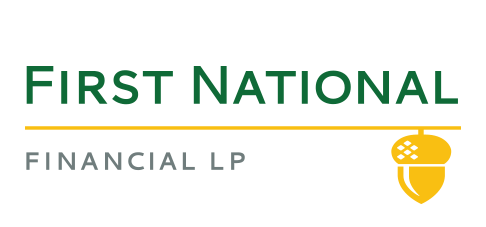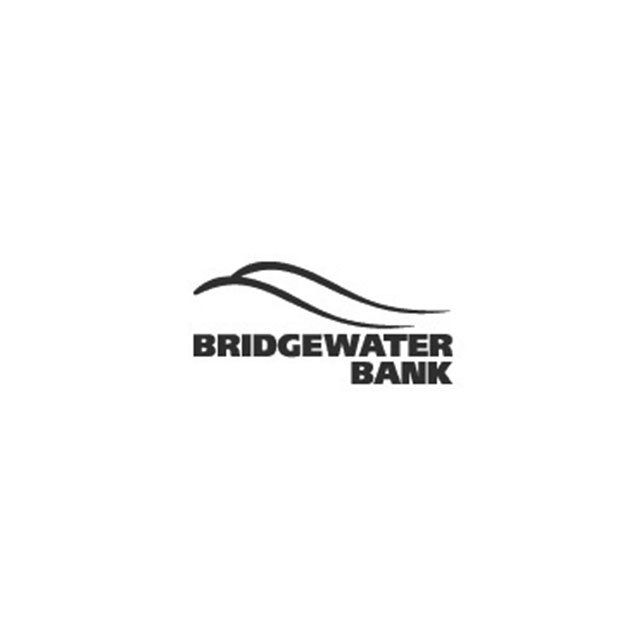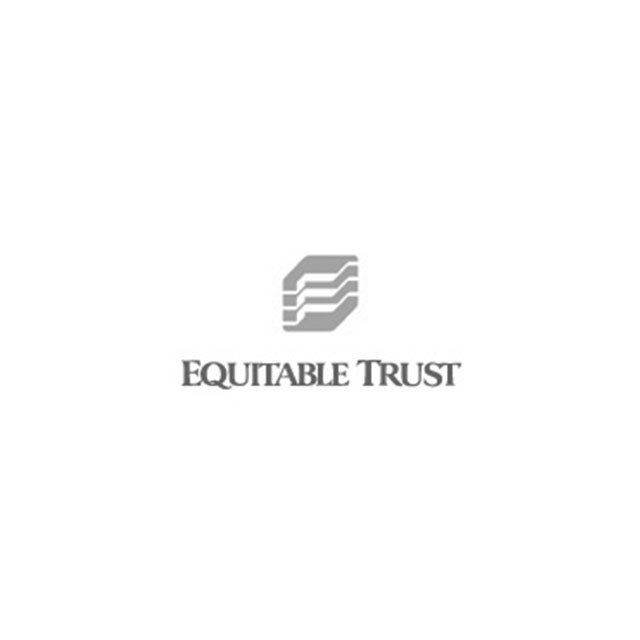I am so happy with the experience I had with Joe and would highly recommend him!
JOE TOMKINS
Getting a mortgage can be stressful and confusing; it doesn't have to be, let me show you how.
CALL MELET'S TALK
Hi, I’m Joe, and I have been actively involved in the mortgage industry since August 2003 and have a great deal of experience preparing mortgages, dealing with lenders and negotiating all aspects of mortgage underwriting. What can I say, I love what I do!
I value relationships and believe that my job is to firstly take care of my clients, making sure they understand the mortgage process, and then arrange a mortgage with a lending institution who is offering the product that best suits their needs. I believe in standing up for what matters in life and have no problems fighting to make sure my clients get the best mortgage possible.
Although I am proud of my many accomplishments in business, my real passion lies in spending time with my family. I have four healthy and beautiful boys who fill my spare time with constant fun and games. Neither my life nor my business would be as successful without my most important partner, my wife Nicole.
CALCULATE
SIGN CONSENT
We take your privacy very seriously. Here is a quick consent form that you can use to indicate that you'd like to start the process in finding a mortgage with me!
APPLY NOW
The Collective Mortgage Group provides mortgage services to loyal clients in a transparent environment, with an authentic voice, helping them feel protected, and save time and money.
LET'S TALK
Mortgage Financing
First Time Home Buyers
Going Through a Divorce?
Experienced Home Buyers
Mortgage into Retirement
Older Canadians are looking for options. Although a great product for some people, the reverse mortgage isn't your only option into retirement. Let's discuss ALL your options, instead of making assumptions.
The power of working with The Mortgage Collective is that you don’t just get a mortgage broker, you get the care and attention of our entire experienced mortgage team.
LET'S TALK
YOU HAVE ACCESS TO ALL THE LENDERS
I am so happy with the experience I had with Joe and would highly recommend him!
MORTGAGE ARTICLES



Leave a Message
Contact Us
We will get back to you as soon as possible
Please try again later
The Collective Mortgage Group provides Mortgage Services to loyal clients in a transparent environment, with an authentic voice, helping them feel protected , and save time and money .
All Rights Reserved | The Collective Mortgage Group | Privacy and Content Policy













